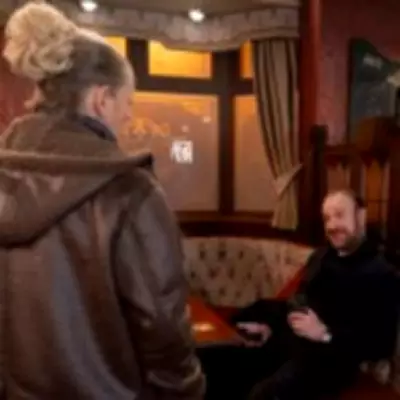
If you've ever found your eyes glazing over during a three-minute WhatsApp voice note, you're not alone. Groundbreaking research has revealed exactly when most British listeners hit the skip button - and the ideal length that keeps audiences engaged.
The Attention Span Threshold
A comprehensive study examining British communication habits has uncovered a startling statistic: a massive 80% of Britons admit they rarely, if ever, listen to voice messages all the way through to the end. The data paints a clear picture of our dwindling patience for lengthy audio monologues.
The Goldilocks Zone for Voice Messages
So what's the sweet spot? Researchers have identified that voice notes lasting between one and two minutes hit the perfect balance. Messages shorter than 60 seconds often feel rushed and incomplete, while those stretching beyond 120 seconds see listener engagement plummet dramatically.
Why We Zone Out
Communication experts point to several factors behind our collective impatience:
- Time pressure - Modern life moves fast, and lengthy messages demand uninterrupted attention
- Linear frustration - Unlike text, you can't skim audio to find key information
- Context switching - Long messages force listeners to remember the beginning by the time they reach the end
The British Communication Divide
The research highlights a growing generational gap in communication preferences. While younger users seamlessly integrate voice notes into their daily chats, many older Brits remain firmly in the text-only camp, citing voice messages as intrusive and time-consuming.
As one researcher noted, "We're seeing a fundamental shift in how we communicate. The voice note isn't going anywhere, but we're learning to use it more strategically."
Mastering the Art of the Voice Note
For those looking to improve their voice messaging etiquette, experts recommend:
- Planning your message structure before hitting record
- Leading with your most important point
- Keeping it concise - if it needs to be long, consider a phone call instead
The message is clear: in our attention-starved world, brevity isn't just the soul of wit - it's the key to being heard.





